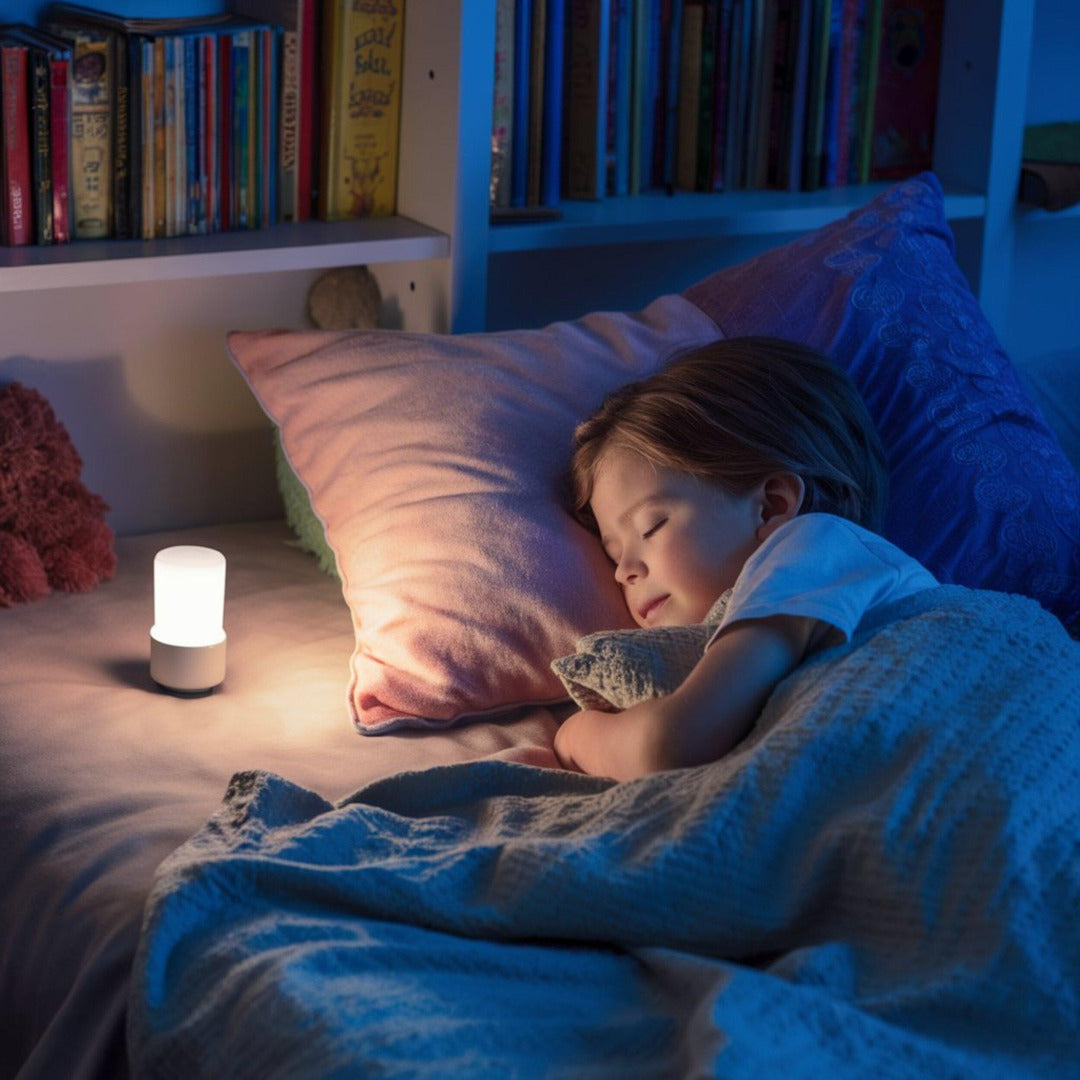Embarking on a journey to enhance your sleep quality can lead you to various innovative solutions. One such method gaining attention is mouth taping—a practice where a specialized tape is applied over the lips during sleep to encourage nasal breathing. This technique aims to address issues like snoring, dry mouth, and restless nights. However, it's essential to approach this method with a balanced perspective, considering both its potential benefits and the concerns raised by health professionals.
The Potential Benefits of Mouth Taping
-
Reduction in Snoring: Mouth taping may help minimize snoring by promoting nasal breathing, which can reduce the vibration of soft tissues in the throat—a common cause of snoring.
-
Alleviation of Dry Mouth: Breathing through the mouth during sleep can lead to dryness, increasing the risk of bad breath and tooth decay. Encouraging nasal breathing helps maintain oral moisture, potentially improving overall oral health.
Enhanced Sleep Quality: Some individuals report more restful sleep when practicing nasal breathing, as it can lead to more stable oxygen levels and reduced sleep disruptions.
Considerations and Precautions
While mouth taping has its proponents, it's crucial to be aware of potential concerns:
-
Safety Concerns: Health experts advise caution, as taping the mouth can pose risks, especially for individuals with sleep disorders like obstructive sleep apnea. It's essential to consult with a healthcare provider before attempting mouth taping to ensure it's appropriate for your situation.
-
Skin Irritation: Using adhesive tape on the sensitive skin of the lips can cause irritation or allergic reactions in some individuals. Selecting a skin-friendly tape and monitoring for adverse reactions is advisable.
A Balanced Approach
Before incorporating mouth taping into your nightly routine, consider the following steps:
-
Consult a Healthcare Professional: Seek medical advice to rule out underlying conditions that may be causing mouth breathing, such as nasal obstructions or sleep apnea.
-
Start Slowly: If cleared by a professional, begin by using mouth tape for short periods while awake to become accustomed to the sensation.
-
Choose the Right Tape: Opt for medical-grade, hypoallergenic tape designed for skin application to minimize the risk of irritation.
In summary, while mouth taping may offer benefits for some individuals seeking to improve their sleep quality, it's essential to approach this practice with caution and informed guidance. Prioritizing safety and professional consultation can help ensure that any new sleep strategy contributes positively to your overall health and well-being.




